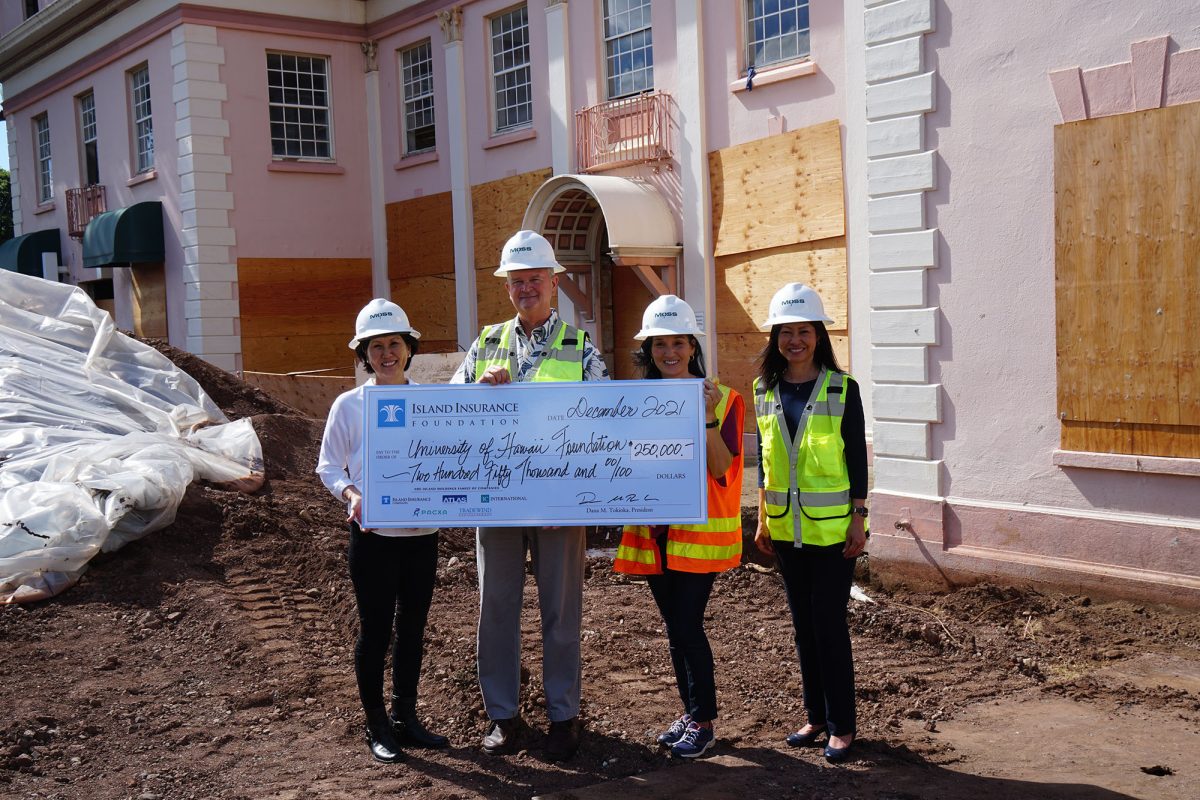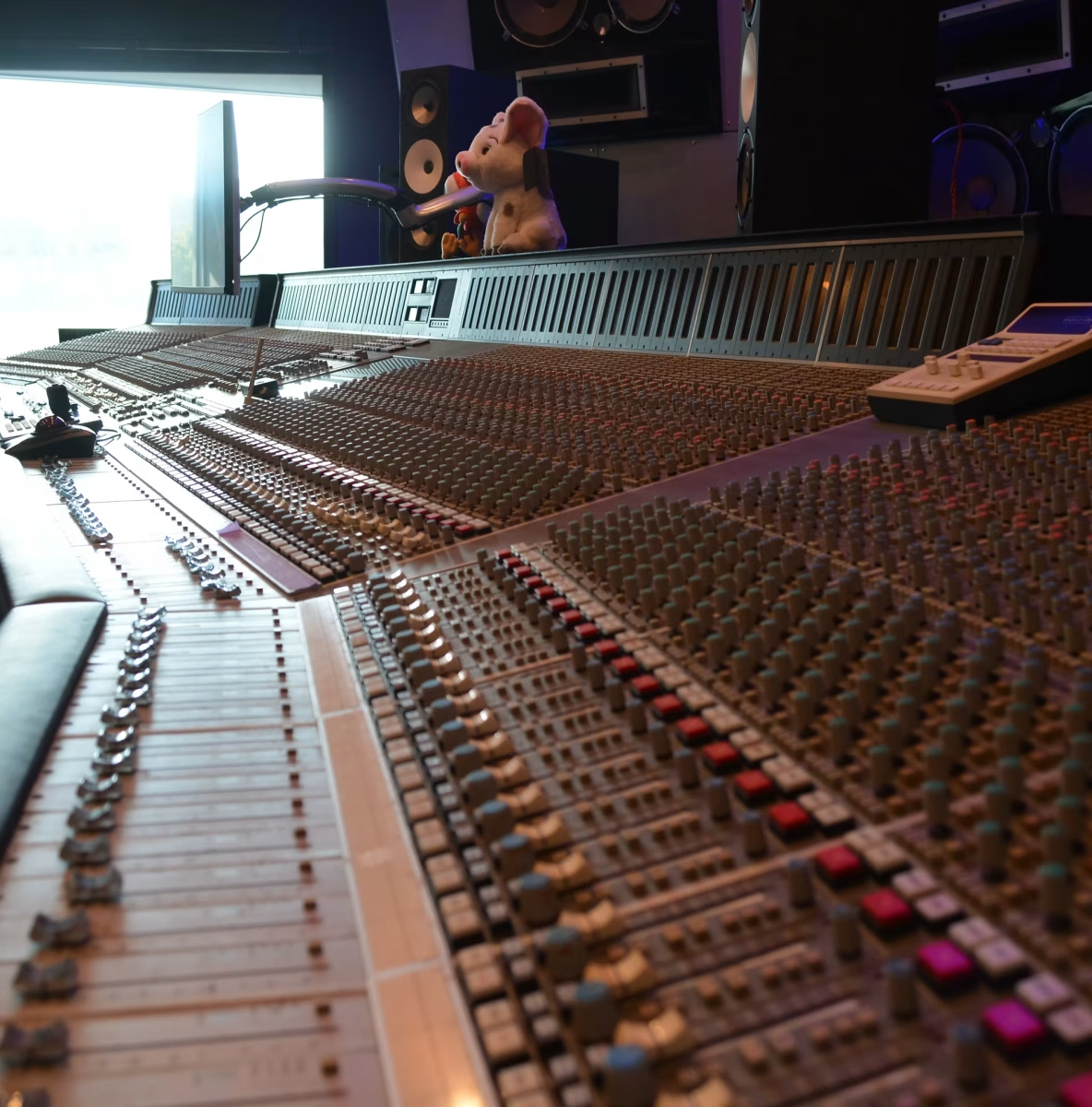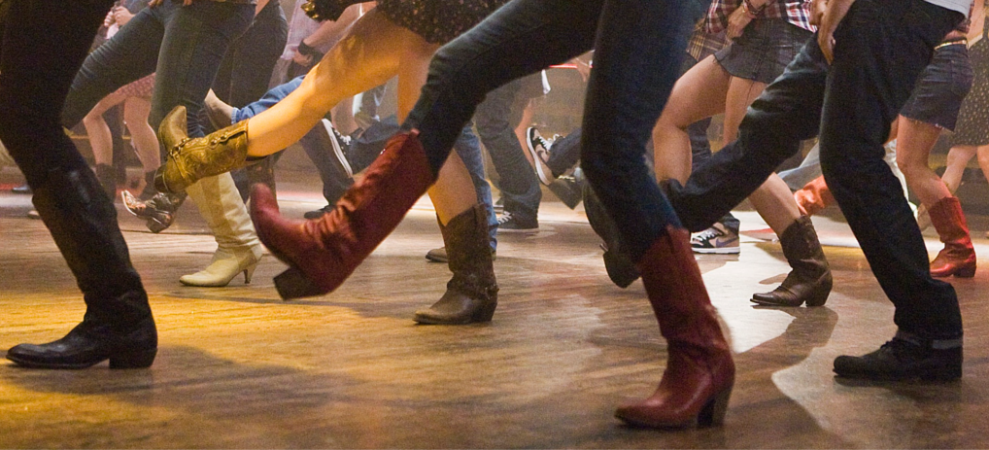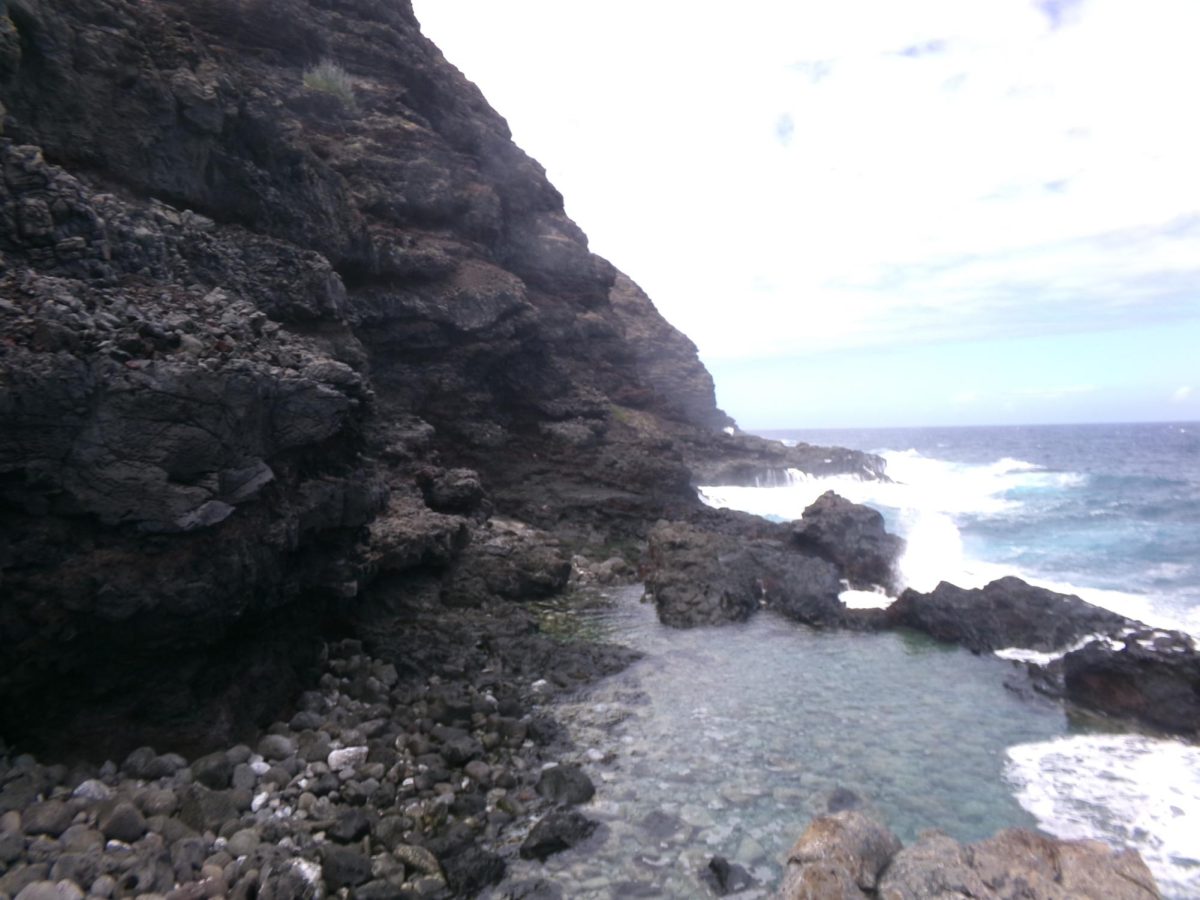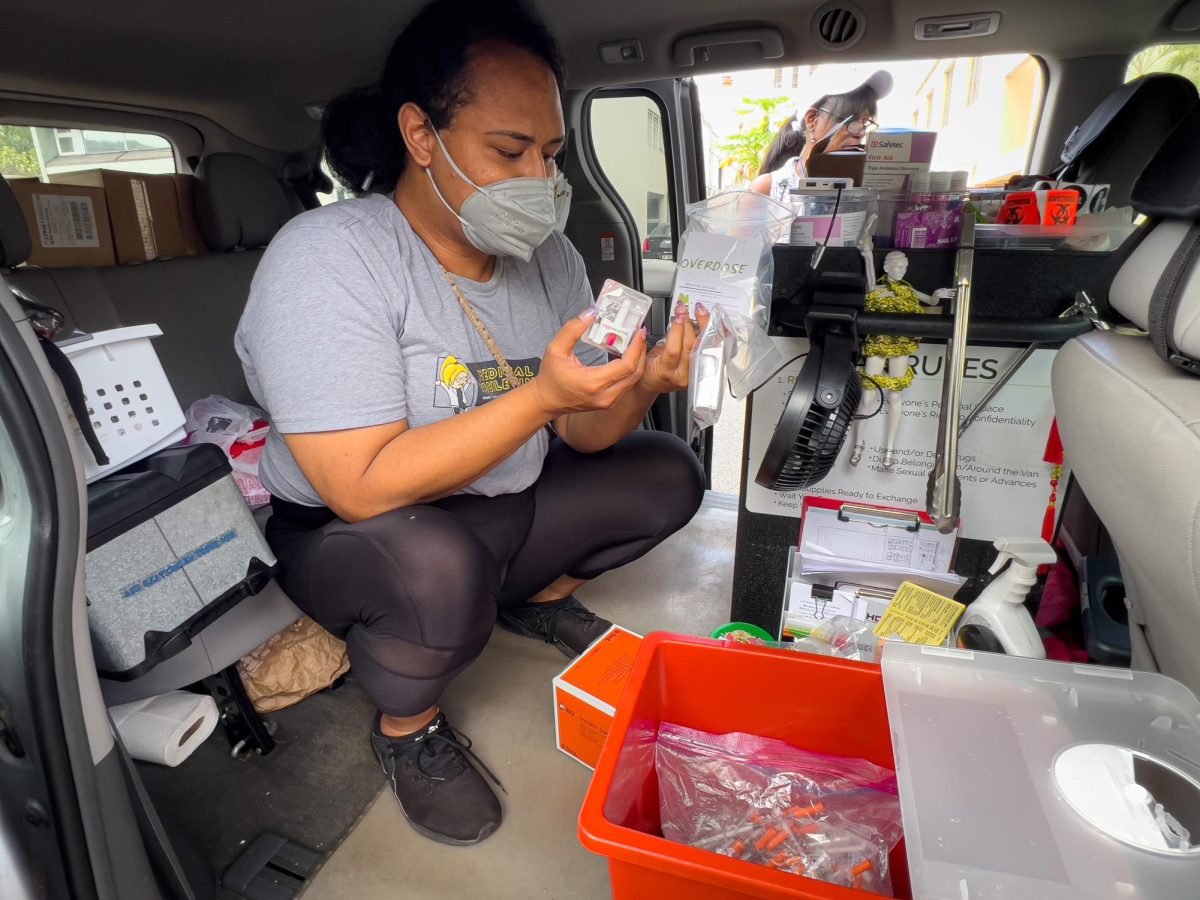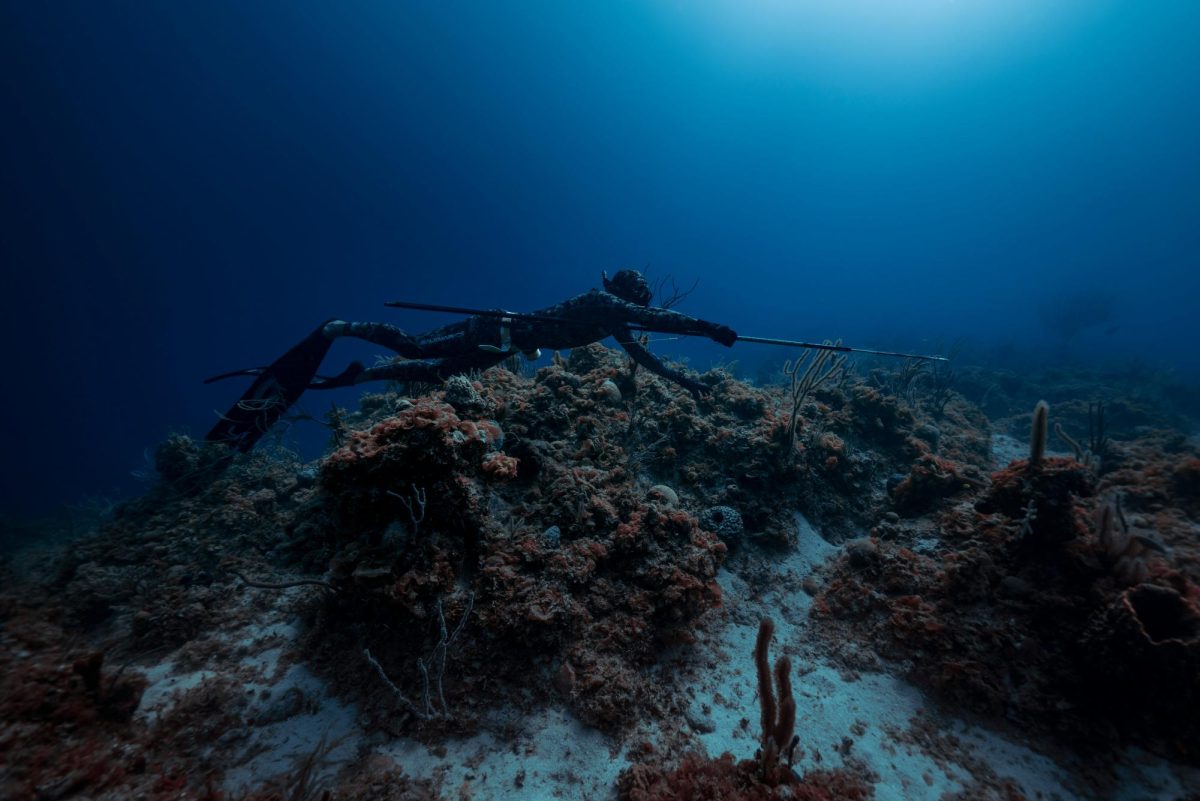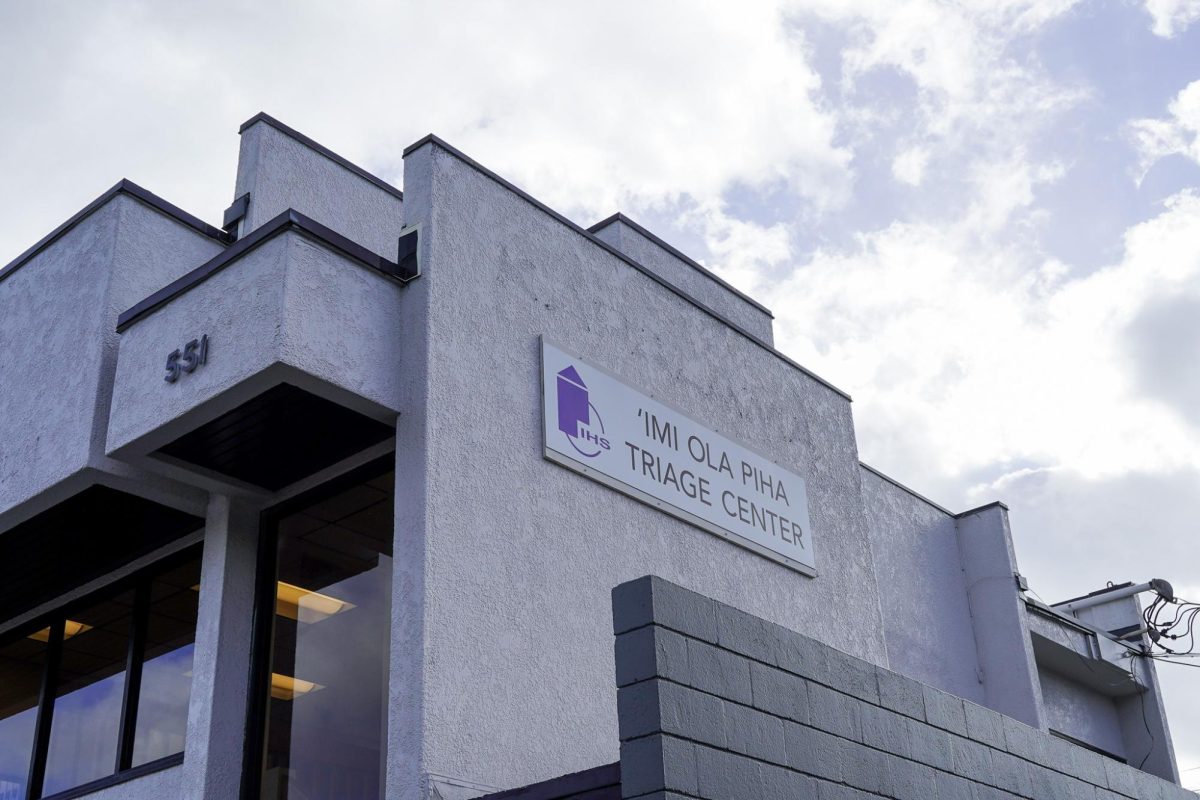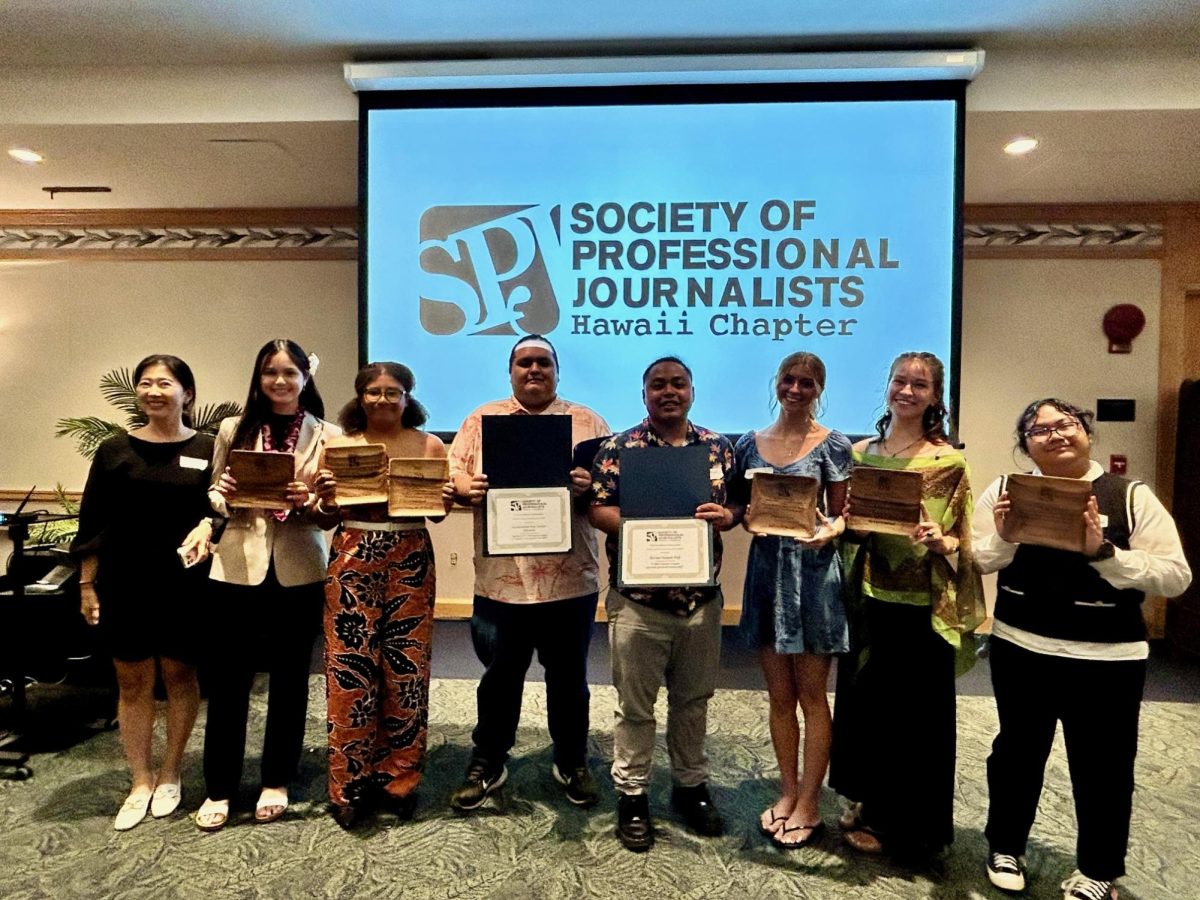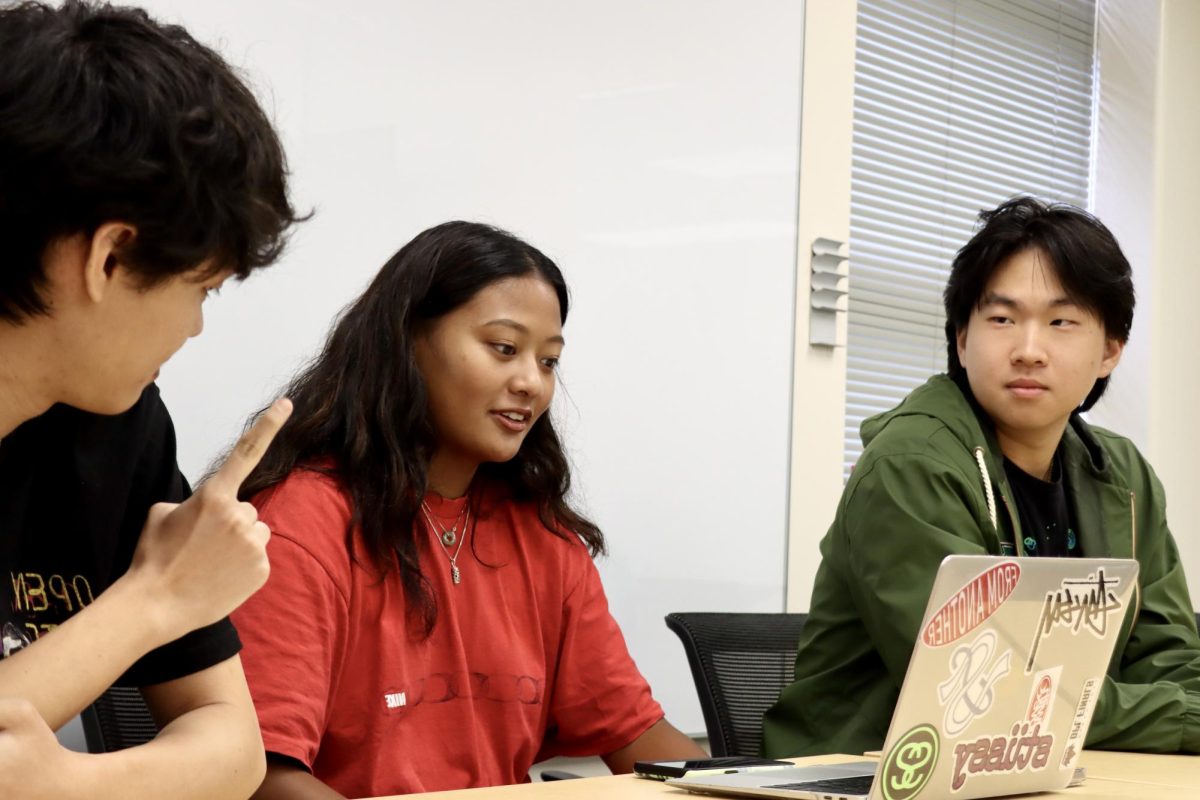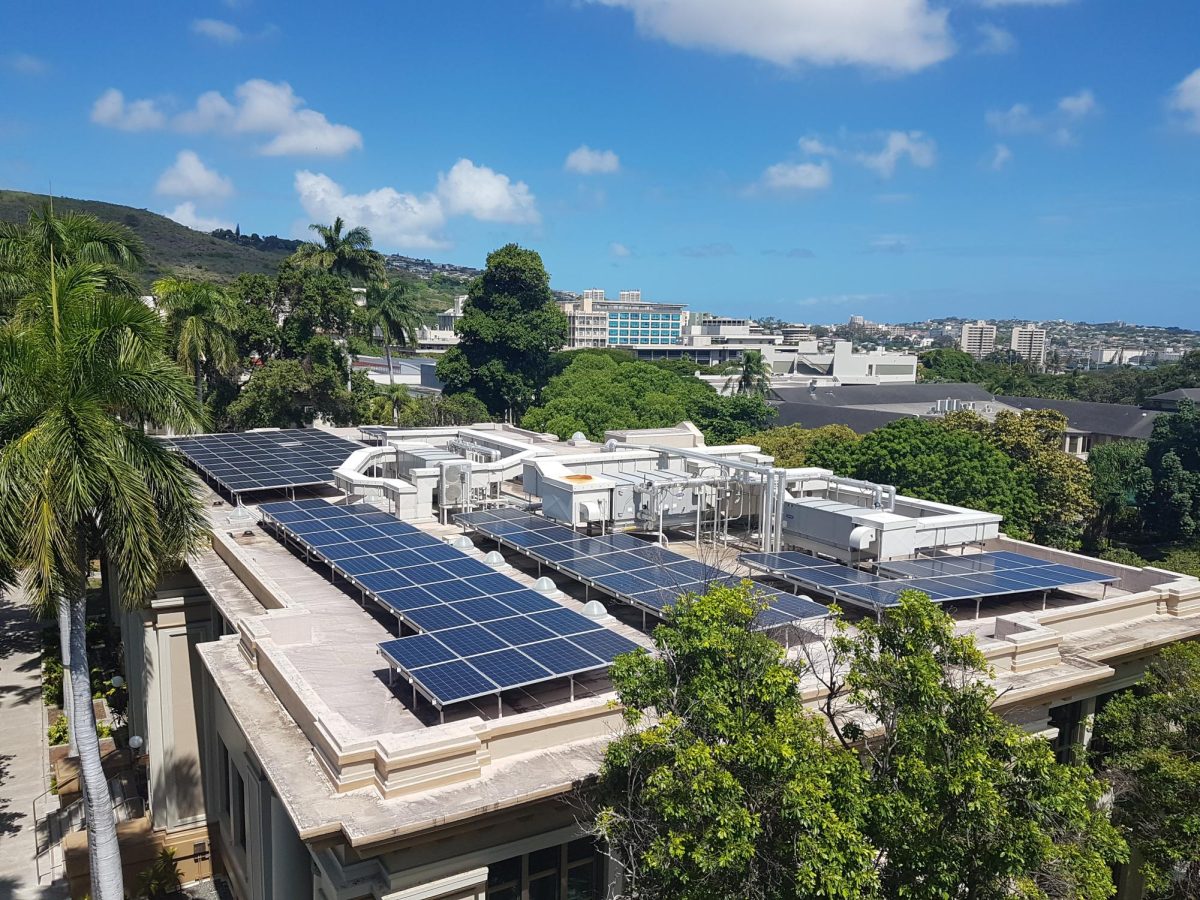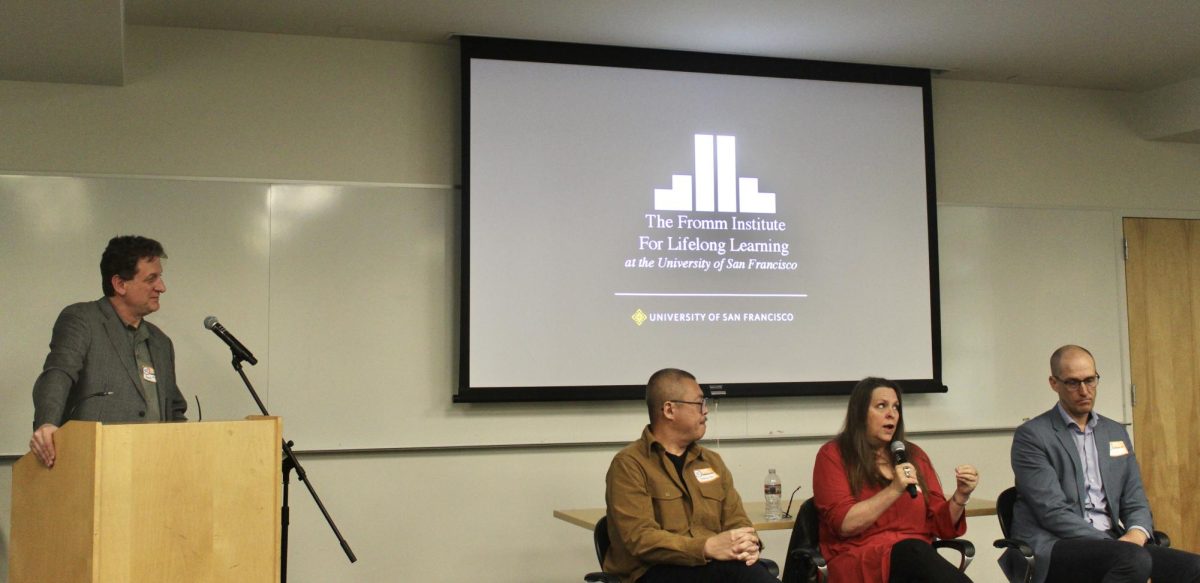Inspired by a similar project at the University of Utah, Susan Yamada spearheaded the creation of a student housing concept that combined living, learning and working spaces.
In Utah’s Lassonde Studios, Yamada saw the potential for something similar at UH Mānoa.
“It was the coolest thing I’d ever seen,” Yamada recalled. “The combination of dorms with the program space, and all this buzz and I go, ‘That would be so cool if we brought this to Mānoa, but where would we put it?’”
The result was the Walter Dods, Jr. RISE Center, a project that reflects Yamada’s over two decades of driving innovation, nurturing entrepreneurship, and advancing economic growth in Hawai’i.
Initially pursuing a career in the travel industry after graduating from the University of Hawai’i at Mānoa, Yamada stumbled upon the heart of California’s technology industry. When she returned to her island home 17 years later, she established Hawaii Angels and led the Pacific Asian Center for Entrepreneurship (PACE) program.
“Entrepreneurship was never my path. When I graduated from UH, I never wanted to leave Hawai’i. I got my degree in travel industry management and went to Maui, which was my goal in life—I wanted to live in Maui for the rest of my life,” said Yamada.
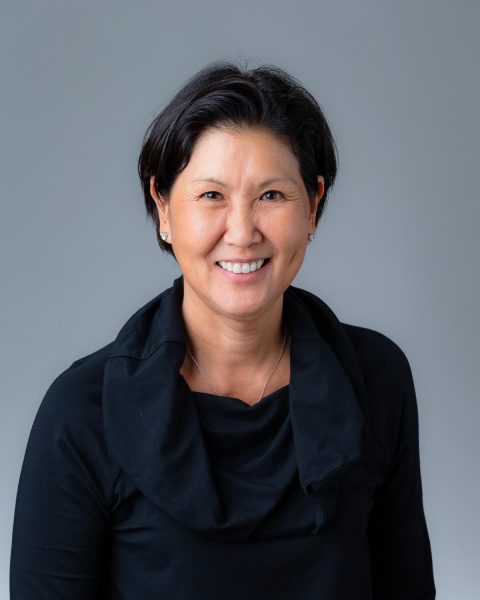
She kicked off her career at the Maui Marriott, and when the opportunity for a promotion came up, it took her all the way to the Marriott in Santa Clara—just as Silicon Valley was about to explode with the dot-com boom.
“I said, ‘Okay, I’m gonna give it a shot.’ I had never really been outside of Hawai’i; I didn’t know I would end up in what would become Silicon Valley and the very place that would host the dot-com boom,” reminisced Yamada.
Looking for a new direction, Yamada returned to school at San Jose State to earn her master’s degree, eager to explore opportunities beyond the hotel industry.
“I worked there for two and a half years and then realized that there was more to life than the hotel business. It was a very interesting and just rapid growth kind-of-time for the world tech industry. It was revolutionizing, especially in the valley, so I decided to get my feet wet,” said Yamada.
She was given the challenge of taking on a struggling tech-focused magazine, with just six months to turn it around. Stepping into her first leadership role, she knew it wasn’t the perfect situation, but she was ready to take it on. Although she had limited experience in publishing and only basic knowledge of the tech industry, her mindset was simple: when an opportunity presents itself and others believe in your ability, you just have to go for it.
She went on to become the founding CEO of TRUSTe, pioneering the first globally recognized online privacy seal program focused on safeguarding personal information in the new digital age.
“It was kind of the emerging of the internet and I was there and playing a big part in the development of global commerce through it all; that was really exciting,” said Yamada. “After working with TRUSTe, I found out that my sweet spot really is early stage startup and getting it to proof of concept. It’s kind of like every job makes you more aware of what your interests and passions are,” said Yamada.
When the 2000s arrived, she sold her company and was ready to launch a new venture, but with the arrival of her second child, life took a different turn. Shortly after, her father’s unexpected passing called her back home. During this time, she embraced motherhood, engaged in angel investing, and served on several startup and nonprofit boards. Eventually, she became the Executive Director of PACE, a role she held from 2008 to 2017.
“Hawai’i never had the dot-com boom, so it never had the dot-com bust. There were all these ideas that were still in play, but they hadn’t fully developed. I decided to help these UH-based companies take their first steps toward proving their concepts—so that’s exactly what we did at PACE. We grew from just a handful of programs to over 20, all in support of helping university staff, professors and students commercialize their ideas,” said Yamada.
As the program expanded, the space had to grow with it. With coworking spaces gaining popularity, a visit to one made it clear just how much Hawai’i could benefit from its own. It felt like the perfect opportunity to create a space where students could live, work, and collaborate all in one place.
The team initially considered a smaller project at the Charles Atherton lot, but the numbers didn’t add up. “We could not make a return on that investment. The cost of renovations, dorm rooms, and co-working space—it just wouldn’t work. There were fire restrictions, the building was 100 years old, and bringing it up to code was too expensive,” she said.
The idea evolved into something bigger. “What if we developed an entire property?” After several iterations and financial models, the vision took shape as RISE, a student housing facility with 374 beds and 10,000 square feet of program space. It became the first successful public-private partnership the University of Hawai’i had ever executed, something they’d tried and failed at before.
Instead of simply offering a place for students to live, this concept is designed to make students’ experiences more connected to both their education and the business world.
“One of the big impacts I think PACE has had is that students who have participated in our programs have gone on to contribute to the entrepreneur ecosystem,” said Krystal Lee, Program Manager of PACE. “I think the impact is not just on the businesses that have been created. It’s really about the education that we provided and the incredible students who have graduated—students who are now making a remarkable difference in our community.”
Reflecting on the process, Yamada emphasizes the importance of persistence, “Entrepreneurship never goes the way you think it will. Sometimes it’s really tough and discouraging, but if you believe in the vision, you pivot and keep moving forward.”
“Hawai’i has the potential to be an incubator for so many industries—like energy, tropical agriculture, and earth and ocean science—and with the university, we have the opportunity to commercialize ideas and help students turn their innovations into real-world solutions,” said Yamada. “Education has always been a huge passion of mine because of its long shelf life. It’s the key to fostering innovation and ensuring that these ideas have a lasting impact on our future.”
Today, she chairs the PACE Board of Directors and actively mentors and invests in local startups across Hawai’i. As a PACE Professional-in-Residence, she is committed to helping Hawai’i students thrive by providing support through scholarships, educational grants, and ongoing guidance. Students can book appointments with Yamada for business and startup guidance, career advice, idea development, and more.
“Susan is fiercely passionate about providing educational opportunities to the next generation, and it’s really inspiring for me. It’s probably why I’ve stayed at PACE for so long—seeing a leader who’s truly committed to doing something for the greater good,” said Lee. “She just has so much heart, so much aloha. I think that Hawai’i is so lucky that she chose to come home when she did and get involved in our community; it’s forever changed because of the work that she’s done galvanizing our community.”


